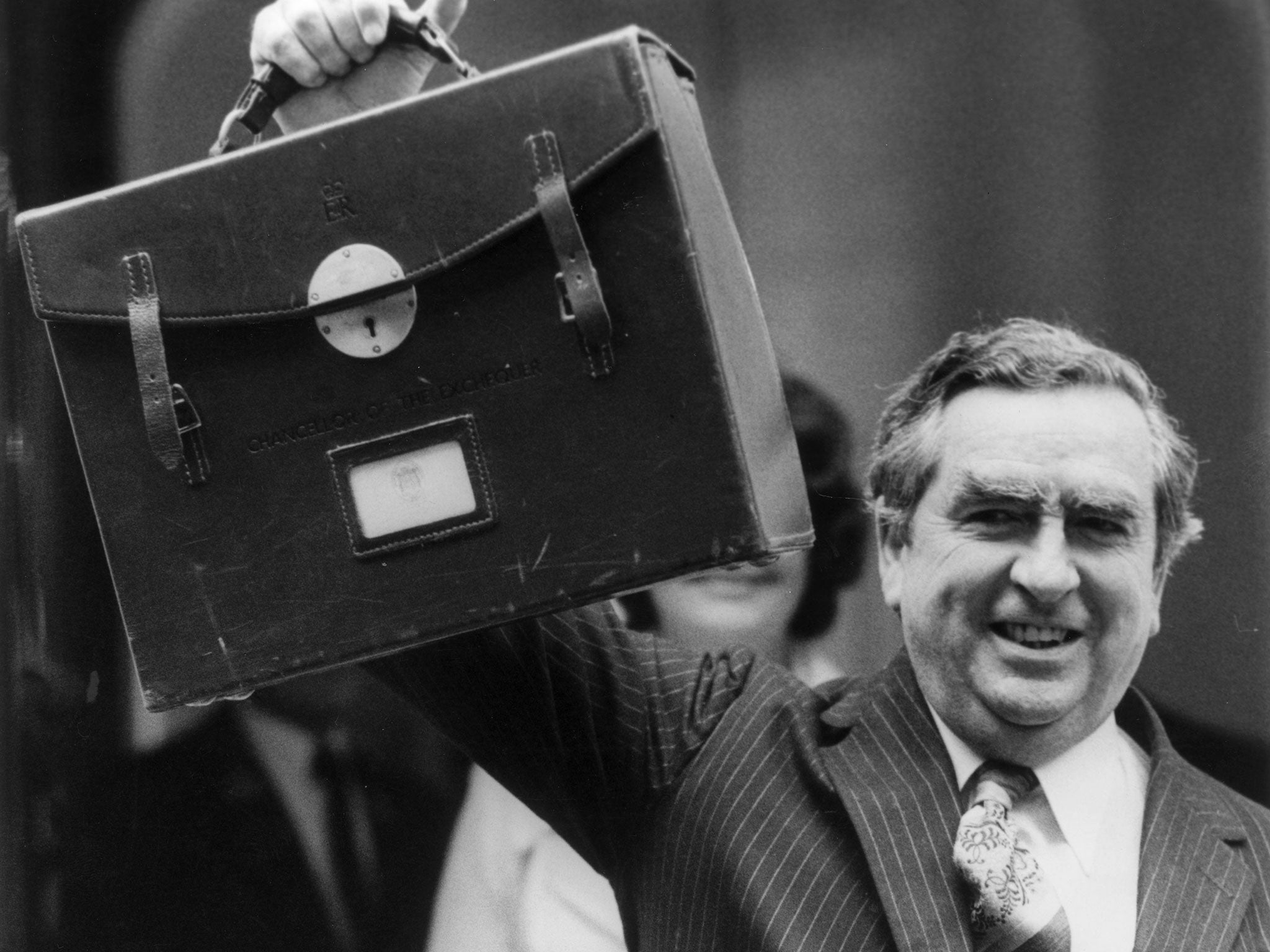IMF rebuke has echoes of 1976 – but this crisis could be much worse
Today’s crisis is financially worse than Britain’s last brush with the IMF, as Sean O’Grady explains


For those with extra-long memories, there are terrible echoes of 1976 reverberating around our minds right now. Not, sadly, the long hot summer, but the great IMF crisis that tested the early days of James Callaghan’s Labour government.
Then, as now, there was a flight from the pound. It was caused by a lack of confidence in the government’s management of the public finances, endemic inflation, and seemingly intractable problems of poor productivity, uncompetitiveness and slow growth – intermittent stagflation.
It wasn’t triggered by one particularly disastrous “fiscal event”, but then chancellor Denis Healey was too often pushed into having to present mini-Budgets to get things back on track. In those days, $1.50 was the psychological barrier and the pound had been sinking on and off for years. It had stood at $2.80 a decade previously. Funnily enough, the crisis happened around the same time of year, and disrupted the Labour’s annual conference. Healey had to turn around at the airport on his way to an IMF summit to deal with the collapse in sterling. A background of strikes, crumbling infrastructure and an air of national malaise complete the unhappy sense of deja vu.
What happened in 1976 is happening again now. To borrow the phrase of former Bank of England governor Mark Carney, Britain is once again becoming unable to rely on the “kindness of strangers” to allow it to live beyond its means and fund yawning twin deficits, trade and government. The essentials of a sovereign debt crisis don’t really change across time or borders.
Britain ran out of money. Personal calls from the prime minister to the US president Gerald Ford, and German chancellor Helmut Schmidt, both great friends of the UK, fell on deaf ears. The IMF was called in, and standby loan facilities arranged.
Whether for Zimbabwe, Italy, Argentina or the UK, IMF loans come with conditions. In Britain’s case they involved cuts to public spending plans and the chancellor adopted money supply targets for the first time in post-war British history. The good news was that the crisis passed, the loans were paid off early over the following year and the economy and the pound responded well to the IMF “medicine”. Healey looked forward to what he called “sod-off day” when the Labour government could resume its control of the economic affairs of the country. By 1978, the trade deficit had been eliminated, unemployment was coming down, inflation was under control (and lower than today) and the government was making progress in the opinion polls. Then the winter of discontent arrived.
The bad news is that the scale of the debt and the problems are even greater today. At the time, they felt dramatic; the crisis almost split Labour and damaged the party’s reputation for decades. Somehow, the left in the Labour cabinet largely went along with Healey’s cuts, though, as now, they attacked the IMF and markets as a conspiracy and advocated ignoring the whole crisis. The analogy now would be the right of the party and cabinet resisting putting taxes back up again, and with the same passionate resistance as Tony Benn put up in 1976 (he considered resigning, but didn’t).
In any event, the Conservatives were able to use the twin emblematic disasters of the Callaghan government, the IMF crisis and the winter of discontent of 1978-79 in their propaganda and speeches for decades to come. Only by the time Tony Blair arrived in the 1990s did those episodes start to lose toxic status in the collective memory.
It is perfectly possible that the Truss government will suffer some equivalent humiliations in the coming days, whether or not we end up with the IMF officials taking office space inside His Majesty’s Treasury. A severe financial crisis followed by painful cuts to public spending and growing industrial and civil unrest. Then again, Kwarteng did say during his ill-fated mini-Budget that Britain is entering a new era.



Join our commenting forum
Join thought-provoking conversations, follow other Independent readers and see their replies
Comments